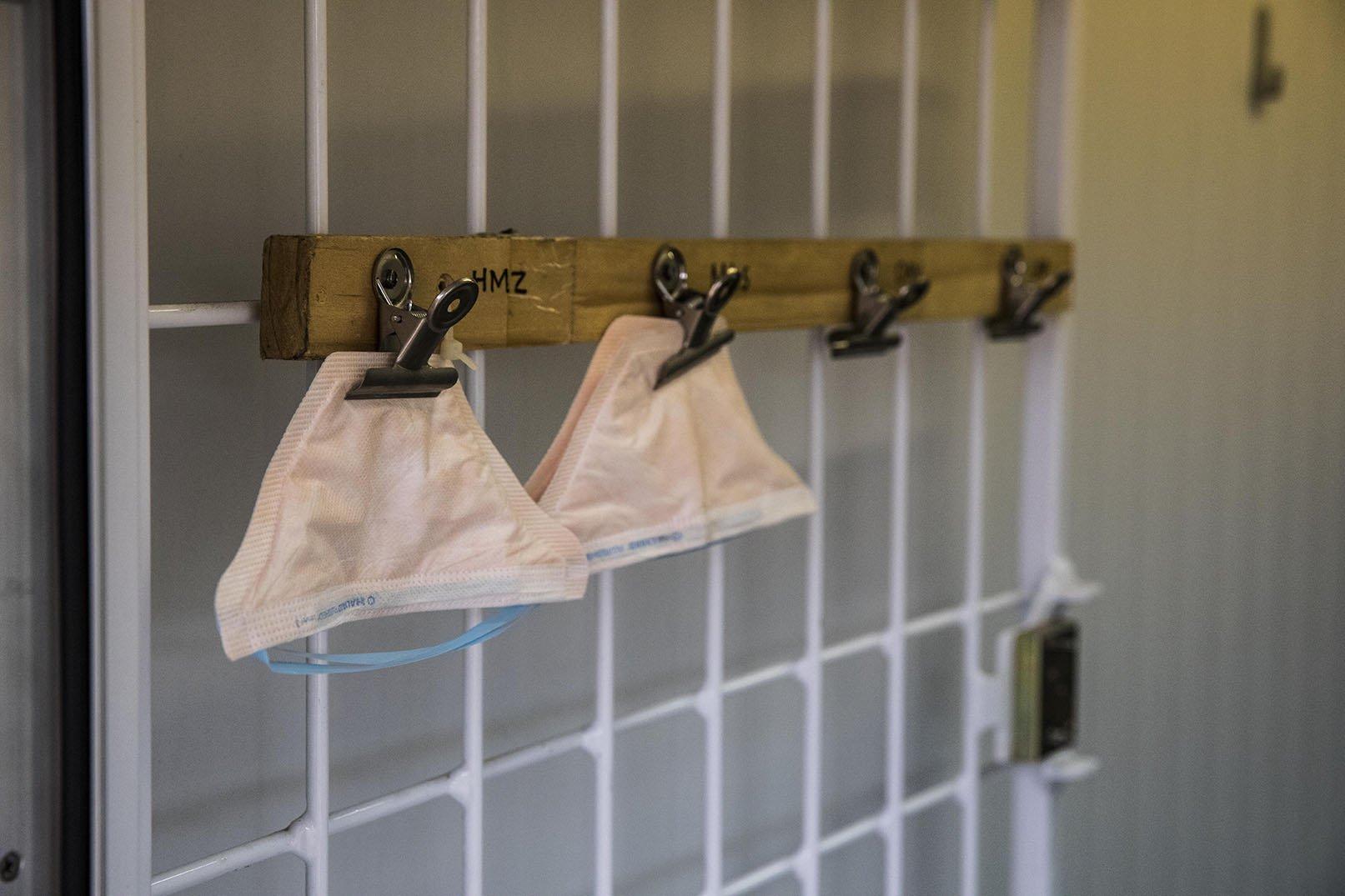In South Africa, the Minister of Health Dr Zweli Mkhize reported on 19 March that an estimated 60%-70% of people in South Africa will contract the coronavirus, but only about 20% of those will be serious cases. He said the country's testing capacity was about 5 000 per day, and that this will increase to 15 000 by next week, and to more than 30 000 by mid-April, to keep pace with demand. Mkhize said that the government will need to go out to poorer areas to monitor people and test people, in order to circumvent expensive medical costs. On 20 March the number of confirmed cases stood at over 200, with the first cases (7) in Free State province confirmed on 19 March.
Coronavirus outbreak 24-hour hotline number (South Africa): +27 800 029 999 |
Ongoing support for COVID-19 response
National Department of Health (NDoH) requested our teams to list additional potential support interventions and this list was submitted with possible support interventions including the development of Health Promotion (HP) / Information Education and Counselling (IEC) materials to address current gaps, especially around TB/HIV, and HP materials in translation. There is a national and global shortage of Personal Protective Equipment (PPE), which is affecting the Department of Health (DoH) as well.
Ongoing support activities include:
- Contact tracing,
- Support to the COVID-19 hotline in Western Cape, and
- Health promotion activities in multiple locations.
MSF in Eshowe
MSF is partnering with the District Department of Health on local HP campaign - a printing order for DoH materials was placed on 19 March with delivery expected before the end of March. A hand-washing station will be made ready when pensioners in Eshowe queue for welfare payments at month-end, and volunteers wearing ‘ask me’ t-shirts will give information on COVID-19. The district has too few beds for confirmed and suspected cases, and MSF is giving consideration to the establishment of an isolation tent adjacent to the Eshowe hospital.
MSF in Khayelitsha
Our team is reviewing the overall strategy and reprioritising operations to be able to support the COVID-19 response as well as making sure more vulnerable people, with uncontrolled HIV or DR-TB, are not forgotten and receive special attention. Nurses are supporting telephonic contact tracing and doctors and counselors have also helped man the Western Cape COVID-19 Hotline.
MSF in Tshwane
MSF nurses from Rustenburg continue with their contact tracing efforts in Gauteng Province, operating in the Johannesburg area. Through ongoing contact tracing and health promotion activities, our team has noted resistance to testing for economic reasons (fear that quarantine will impact earning opportunity), especially in more vulnerable populations, such as migrant populations. The team has also noted a lack of health promotion materials in languages other than South Africa’s main official languages. This gap has been brought to the attention of the Department of Health, which is assessing MSF offer to support with the translation of health promotion materials into Swahili, French, Portuguese, Lingala, and more.
MSF in Rustenburg
North West Province is one of the few provinces that has not seen any confirmed cases to date. Our Rustenburg teams have been providing contact tracing and health promotion support. The mental health team has been visiting partner clinics to counsel staff and share Health Promotion information.
Find out more about MSF's response to COVID-19 response globally.
Coronavirus outbreak 24-hour hotline number (South Africa): +27 800 029 999 |
